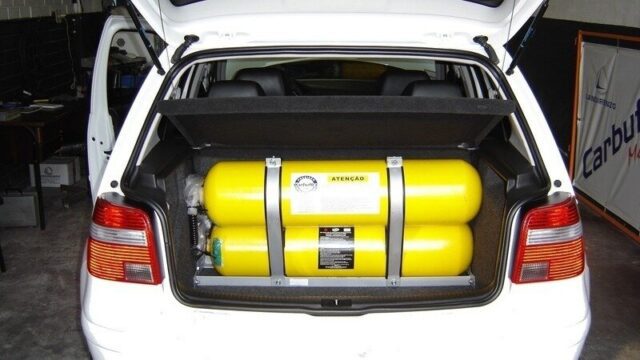As part of a temporary truce, Israel and Hamas conducted a prisoner and hostage exchange, sparking widespread controversy. The International Committee of the Red Cross (ICRC) strongly condemned the conditions under which Palestinian detainees were released, as they appeared handcuffed and wearing bracelets bearing a threatening message. These images triggered a wave of indignation, further fueled by testimonies describing violence and humiliation suffered in detention.
Israel justified this treatment by labeling Palestinian detainees as “enemies of the state” until their full release. A total of 183 Palestinian prisoners were freed, including 111 without trial, while eight Israeli hostages were released in a chaotic atmosphere. The emotional impact of Arbel Yehoud’s release led Prime Minister Benjamin Netanyahu to temporarily suspend the transfer of Palestinian detainees in protest.
To prevent further unrest, subsequent releases were supervised by the ICRC in a more controlled environment. By March, 12 living hostages and eight bodies are expected to be returned by Hamas, including the last remaining French hostage, Ohad Yahalomi. Although this truce provides temporary relief, stability remains fragile.
The conditions of Palestinian detainees continue to raise concerns among NGOs and multiple governments. In Israel, public opinion is divided between relief over the hostages’ release and fear of the political repercussions of the exchange. While this truce paves the way for potential negotiations, a lasting peace still appears distant and will require sustained diplomatic efforts.
Source: FranceTV Info
اقرأ المزيد على الرابط : https://www.elhodh.info/

















